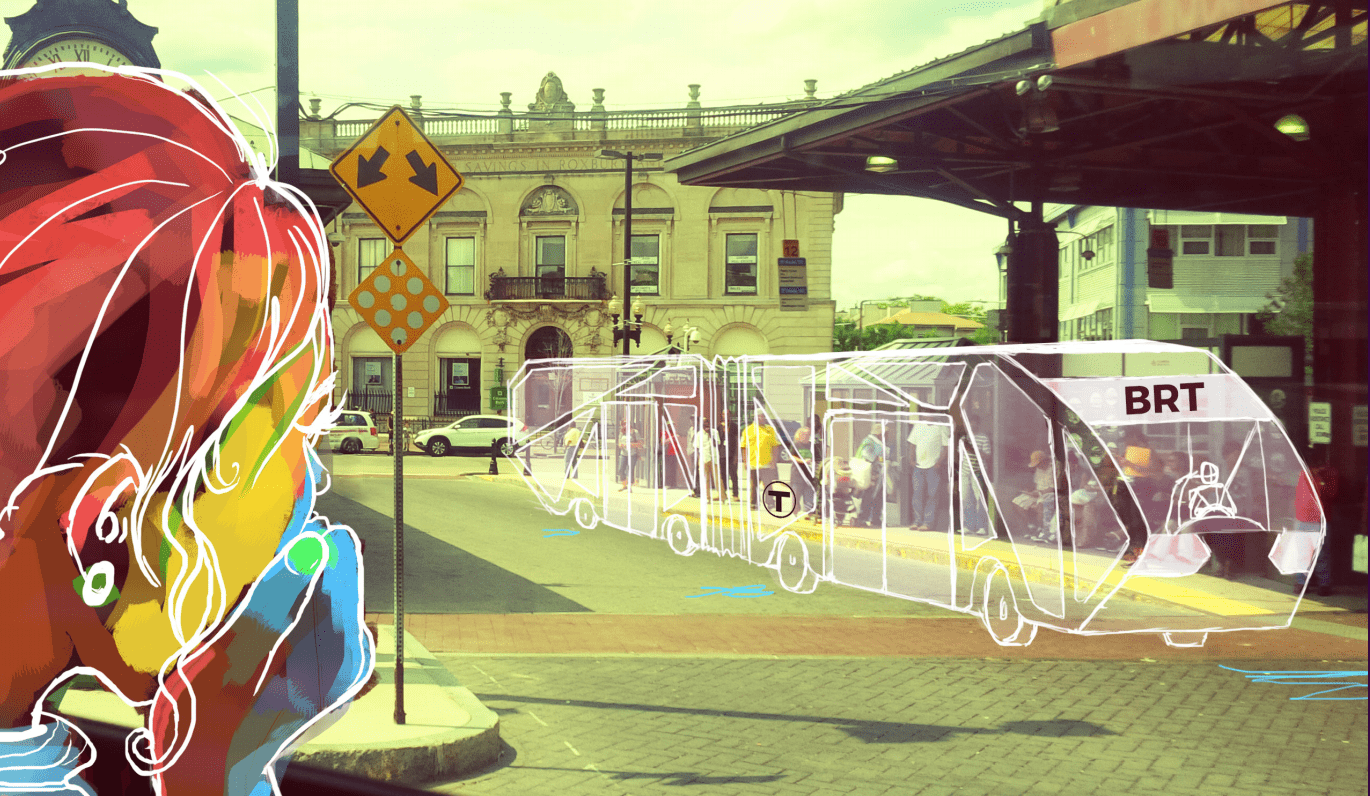
Date and location: November 15, 12:20 p.m. in Abby and Howard Milstein Auditorium, Milstein Hall
Steven Higashide is a writer, planner, and the director of research for the national foundation TransitCenter, which works with advocacy organizations and public transportation agencies to improve transit that makes cities more just and sustainable. Over a 12-year career in transportation advocacy, he has helped defeat congressional attempts to end federal transit funding, won state legislation strengthening penalties for careless driving, and authored research into the preferences of transit riders and city policies that prioritize transit. Higashide is the author of Better Buses, Better Cities, and his writing has appeared in outlets including The Atlantic, Los Angeles Times, New York Daily News, Next City, and Planning & Environmental Law. He received his master’s degree in urban planning from New York University and is a member of the Transportation Research Board’s Standing Committee on Transportation Demand Management. He was named to the Association for Commuter Transportation’s “40 under 40” in 2016.
Abstract:
Better urban transit is essential to making U.S. cities more just and sustainable. Yet implementation lags, even though better bus and rail service mostly requires enacting best practices that have long existed elsewhere. Why is this? In this talk, Steven Higashide shows how reactionary local, state, and federal politics have enacted structural barriers that make even incremental change difficult in American transit. Cities that overcome them do so through alliances between civic advocates, public agency leaders, and pro-transit elected officials. From New York to Indianapolis to Seattle, transit reform hinges on visionary bureaucrats, steadfast mayors, and advocates of all stripes—wonky transportation bloggers, progressive churches, downtown business groups, and civil rights lawyers.This talk details structural impediments to better transit (like public engagement processes and funding programs that are biased against riders) and the campaigns and coalitions that reformers have used to win transit funding, street space, equitable policy, and operational excellence.
This is a Russell Van Nest Black lecture.